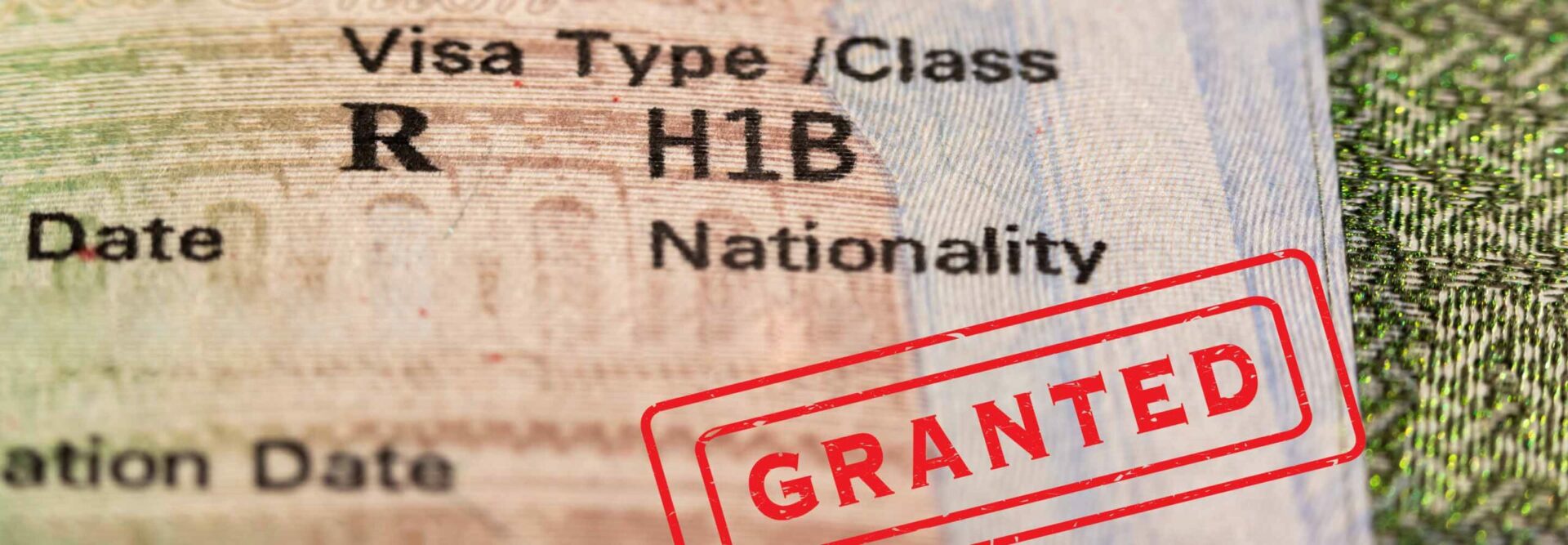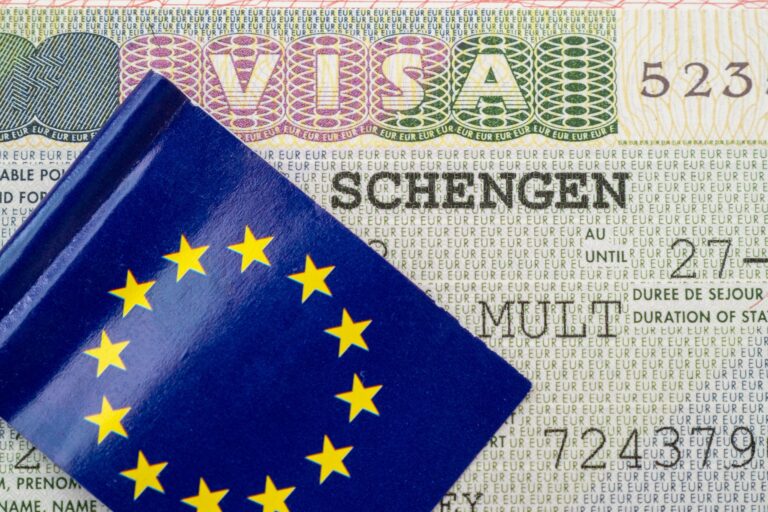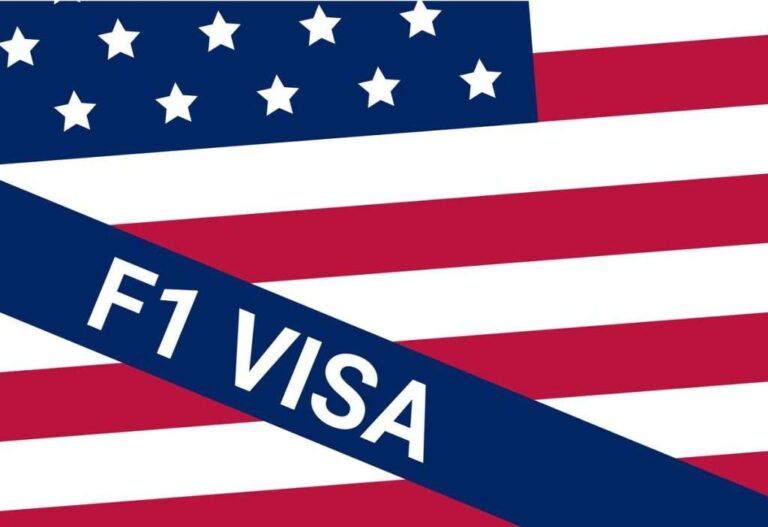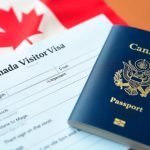The U.S. government implements a Visa Integrity Fee starting in Fiscal Year 2026. This fee significantly impacts H-1B applicants and their sponsoring employers. This mandatory surcharge strengthens visa compliance and reduces misuse. It applies across many non-immigrant visa categories (H-1B, L-1, F-1, O-1).
The New H-1B Visa Integrity Fee Explained
Public Law 119-21 mandates the Visa Integrity Fee, a non-refundable charge of US $250. It takes effect on October 1, 2025. Inflation will adjust this amount annually.
- Cost and Application: The $250 Visa Integrity Fee is an additional cost to existing H-1B filing fees. These include the base fee, the Fraud Prevention and Detection Fee, and the ACWIA training fee. For a full breakdown of all required payments, see our comprehensive guide on H-1B Visa Costs in 2025 on [onevisacenter.com/h1b-visa-costs-2025].
- Purpose: Its goal is to fund U.S. visa compliance and fraud prevention programs. It will also reduce visa overstays and improve monitoring of temporary work visas like the H-1B and L-1.
- Who Pays: Typically, the employer pays most H-1B fees, but USCIS guidance is pending. This guidance will clarify if the new integrity fee can legally be shifted to the foreign worker or visa applicant.
- Timing: The fee applies to all new non-immigrant visa issuances and H-1B petitions filed after October 1, 2025. This covers the upcoming FY 2026 H-1B lottery cycle. How to get a green card in USA without marriage
Impact on H-1B Employers and Global Talent
The introduction of this new surcharge has several key implications for international professionals and their U.S. employers:
- Increased Financial Burden: The fee directly increases the cost of sponsoring an H-1B employee. For organizations filing many petitions (like tech companies and large H-1B sponsors), this means thousands of dollars in extra expenses annually. This financial pressure may prompt small employers to re-evaluate their decision to hire foreign talent.
- Compliance Focus: The fee highlights the government’s strong focus on visa integrity and accountability. Some discussions suggested the fee might be refundable if the worker fully complies (e.g., timely departure). However, the refund mechanism is currently unclear; consider it only a possibility, not a guarantee.
- Application Process: Employers must budget early for the new fee when filing an H-1B petition. Include it in cost projections to avoid application rejection. Both USCIS and the U.S. Department of State are finalizing the required payment mechanisms. Learn more about the filing process in our guide: Airline tickets to California: Check out the best online tickets to California
Key Takeaways for H-1B Stakeholders
To navigate this immigration policy shift, both H-1B applicants and sponsoring employers must take proactive steps:
- Budgeting: Incorporate the new $250 Visa Integrity Fee into your annual immigration budget and H-1B visa costs planning immediately.
- Stay Informed: Closely monitor official announcements from USCIS and DHS. Look for finalized payment instructions and compliance details. You can check the latest fee schedule updates directly on the official USCIS G-1055 Fee Schedule page: [uscis.gov/g-1055].
- Review Policies: Employers should review and update their internal H-1B sponsorship agreements to address the allocation of this and other increasing fees.
- Consult Experts: Work with qualified immigration attorneys or advisors. They ensure accurate filing guidance and full compliance with updated visa conditions, including job details and prevailing wages.
The H1B Visa Integrity Fee does not change eligibility criteria for the specialty occupation visa. However, it raises costs and reinforces the need for strict compliance for all parties involved in the U.S. work visa process. For additional resources and legislative background, refer to the USCIS H-1B Specialty Occupations official page: [uscis.gov/working-in-the-united-states/h-1b-specialty-occupations].







